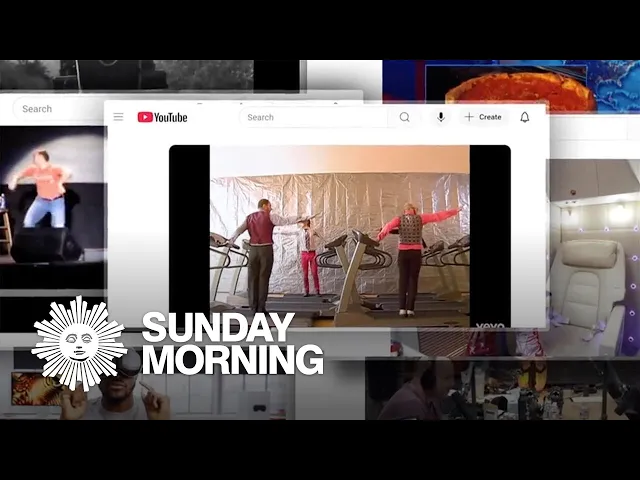YouTube turns 20: From viral cat videos to AI

YouTube at 20: from viral cats to AI revolution
In the vast landscape of internet giants, YouTube stands as a colossus that has fundamentally reshaped how we consume media. Twenty years after co-founder Jawed Karim uploaded the platform's first awkward video at a zoo, YouTube has evolved from a novelty requiring explanation to the second most visited website on Earth, eclipsed only by its parent company Google. What began as a simple video-sharing site has transformed into a cultural juggernaut that influences everything from entertainment to education.
Key developments in YouTube's evolution
-
From hobby to career path: YouTube's decision to share advertising revenue with creators transformed video production from a hobby into a legitimate profession, creating an entirely new economic ecosystem and career aspirations for younger generations.
-
Entertainment dominance: With users collectively watching over one billion hours daily and the platform hosting approximately 20 billion videos, YouTube now surpasses traditional streaming services like Netflix in viewership on television screens.
-
Community-centric business model: Successful creators like Rhett and Link aren't merely content producers but "for-profit community organizers" who leverage audience relationships to build multi-faceted business empires spanning merchandise, tours, books, and branded products.
The platform that changed everything
The most profound impact of YouTube might be how it fundamentally altered the entertainment power structure. David Craig from the University of Southern California's Annenberg School highlights that for over a decade, young people have consistently expressed their desire to become creators or influencers over traditional celebrities. This seismic shift reflects how YouTube disrupted conventional paths to fame and influence.
This transformation isn't merely theoretical—it's backed by viewership numbers that traditional media outlets can only envy. Consider that creators like Rhett and Link, whose "Good Mythical Morning" show boasts 34 million subscribers and 14 billion views, outperform all late-night television shows combined in the coveted 18-34 demographic. Yet remarkably, advertising dollars haven't fully caught up to this reality, creating a fascinating disconnect between cultural impact and financial recognition.
Beyond the highlights reel
While YouTube's success story is impressive, the platform's journey hasn't been without significant challenges that weren't fully explored in the video. The platform's recommendation algorithm, which drives engagement by
Recent Videos
How To Earn MONEY With Images (No Bullsh*t)
Smart earnings from your image collection In today's digital economy, passive income streams have become increasingly accessible to creators with various skill sets. A recent YouTube video cuts through the hype to explore legitimate ways photographers, designers, and even casual smartphone users can monetize their image collections. The strategies outlined don't rely on unrealistic promises or complicated schemes—instead, they focus on established marketplaces with proven revenue potential for image creators. Key Points Stock photography platforms like Shutterstock, Adobe Stock, and Getty Images remain viable income sources when you understand their specific requirements and optimize your submissions accordingly. Specialized marketplaces focusing...
Oct 3, 2025New SHAPE SHIFTING AI Robot Is Freaking People Out
Liquid robots will change everything In the quiet labs of Carnegie Mellon University, scientists have created something that feels plucked from science fiction—a magnetic slime robot that can transform between liquid and solid states, slipping through tight spaces before reassembling on the other side. This technology, showcased in a recent YouTube video, represents a significant leap beyond traditional robotics into a realm where machines mimic not just animal movements, but their fundamental physical properties. While the internet might be buzzing with dystopian concerns about "shape-shifting terminators," the reality offers far more promising applications that could revolutionize medicine, rescue operations, and...
Oct 3, 2025How To Do Homeless AI Tiktok Trend (Tiktok Homeless AI Tutorial)
AI homeless trend raises ethical concerns In an era where social media trends evolve faster than we can comprehend them, TikTok's "homeless AI" trend has sparked both creative engagement and serious ethical questions. The trend, which involves using AI to transform ordinary photos into images depicting homelessness, has rapidly gained traction across the platform, with creators eagerly jumping on board to showcase their digital transformations. While the technical process is relatively straightforward, the implications of digitally "becoming homeless" for entertainment deserve careful consideration. The video tutorial provides a step-by-step guide on creating these AI-generated images, explaining how users can transform...
